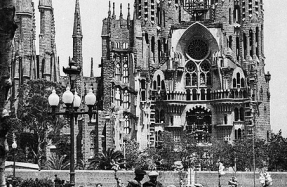A MEDICAL RENAISSANCE?
The Renaissance, the Age of Enlightenment and scientific and technological revolutions: the early modern period, roughly defined as the late-15th to late-18th centuries, saw a shift away from medieval thinking. And the field of medicine was no different. Physicians questioned theories of ancient minds like Galen and Hippocrates, which had been the bedrock of Western medicine for millennia, and made new discoveries, practices and treatments.
This medical ‘renaissance’ led to new understanding of the circulation of the blood, anatomy, the causes and effects of disease and surgery to name a few. The treatment of battlefield wounds improved – constant wars and fighting throughout these centuries meant surgeons had plenty of opportunity to try new things and benefited from new studies of anatomy.
Nevertheless, life expectancy remained low and diseases, notably plague, were still rife. Conditions may, in
You’re reading a preview, subscribe to read more.
Start your free 30 days



